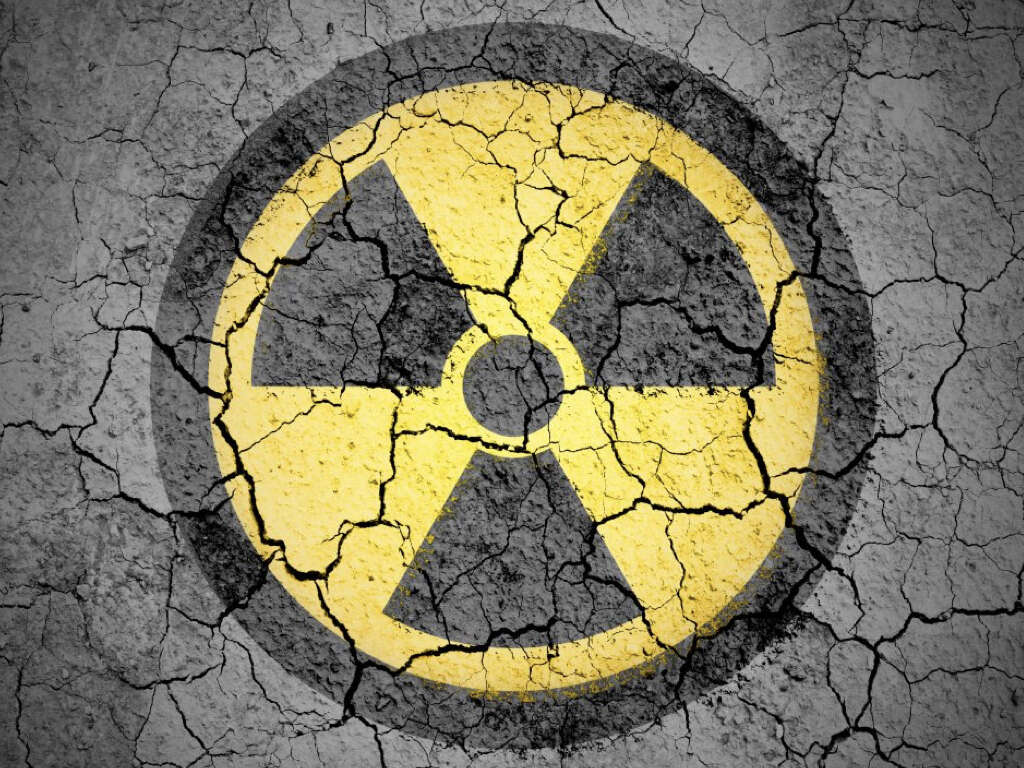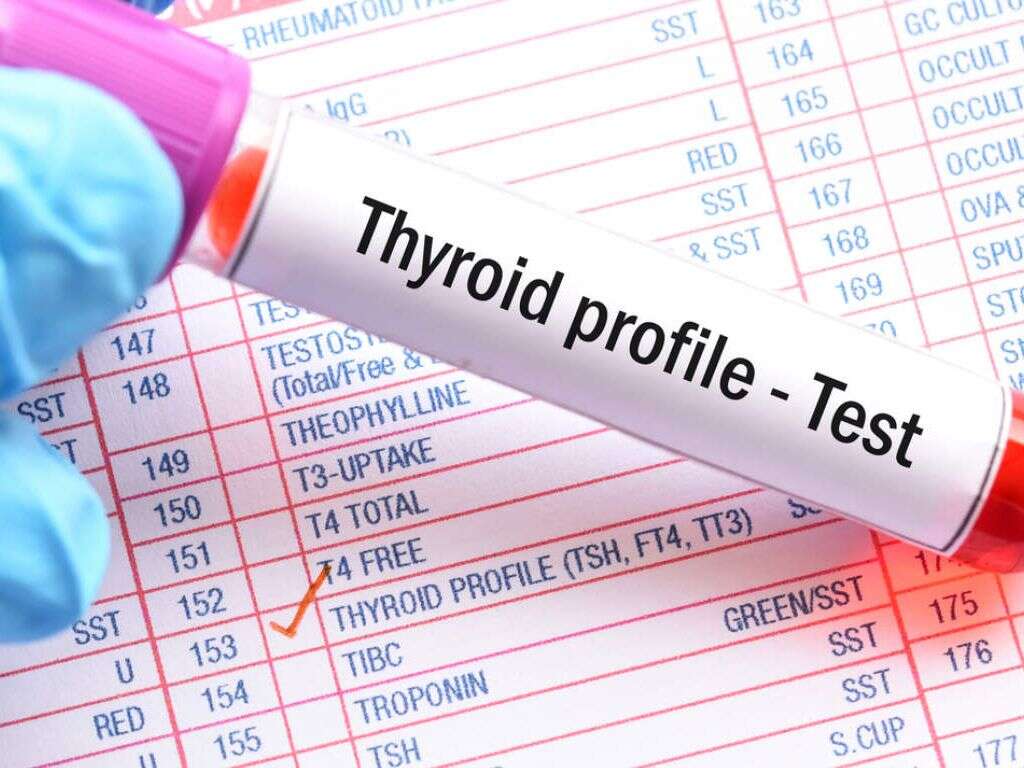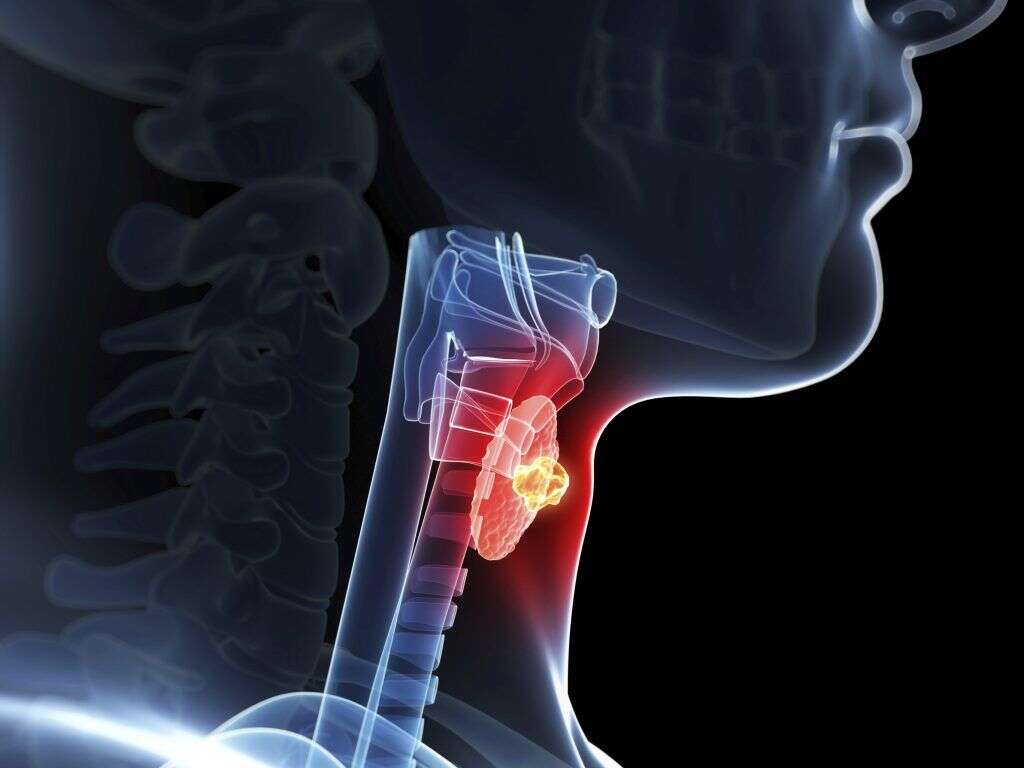10 Symptoms of Hypoparathyroidism
Hypoparathyroidism is a condition where the function of the parathyroid glands is decreased due to the underproduction of parathyroid hormone. This can cause hypocalcemia or low levels of calcium in the blood. Hypoparathyroidism can be an inherited condition but can also be seen after parathyroid or thyroid gland surgery. Other causes include immune system related damage, hemochromatosis, and other rare syndromes. The diagnosis of hypoparathyroidism can be made via blood tests. Genetic testing may be involved in some cases. The treatment for hypoparathyroidism can be difficult as there is no exact form of hormone available that can be used as a replacement. However, a similar peptide to the hormone known as teriparatide can be given by injection. Vitamin D and calcium replacement can help with symptoms of the disease but also increases the risk of chronic kidney disease and kidney stones.
There are usually four parathyroid glands that function to sense the level of calcium in the blood. The parathyroid gland then secretes the parathyroid hormone which requires magnesium. The parathyroid hormone is secreted to help maintain normal levels of calcium in the blood as it is required for normal nerve and muscle function. The parathyroid hormone increases calcium levels by absorbing calcium in the bowel, increasing phosphate release while preventing calcium excretion in the kidneys, and increasing calcium through bone resorption. In severe hypocalcemia, calcium gluconate is used for treatment.

Symptom #1: Muscle Cramps
A muscle cramp occurs when there is involuntary and sudden muscle contraction. It is usually temporary but can cause a paralysis-like immobility and significant pain in the affected muscle. Muscle cramps can last several seconds, minutes, or even hours. It can occur in a smooth muscle or skeletal muscle.
In a skeletal muscle, it may be due to muscle fatigue or electrolyte imbalances such as low potassium, low magnesium, or low sodium. Smooth muscle cramps can occur in gastroenteritis or menstruation. In hypoparathyroidism, muscle cramps can occur due to the low levels of calcium in the blood.

Symptom #2: Tetany
Tetany is a medical sign where there is involuntary contraction of muscles which is due to conditions where the action potential frequency of nerves or muscle cells are increased. In hypoparathyroidism, tetany is usually caused by hypocalcemia which is the primary cause of tetany.
The low calcium levels in the extracellular fluid causes increased excitability of the neurons, resulting in muscle spasms that lead to tetanus. Besides hypocalcemia, tetany can also occur in low levels of carbon dioxide such as hyperventilation, low levels of magnesium, and more.
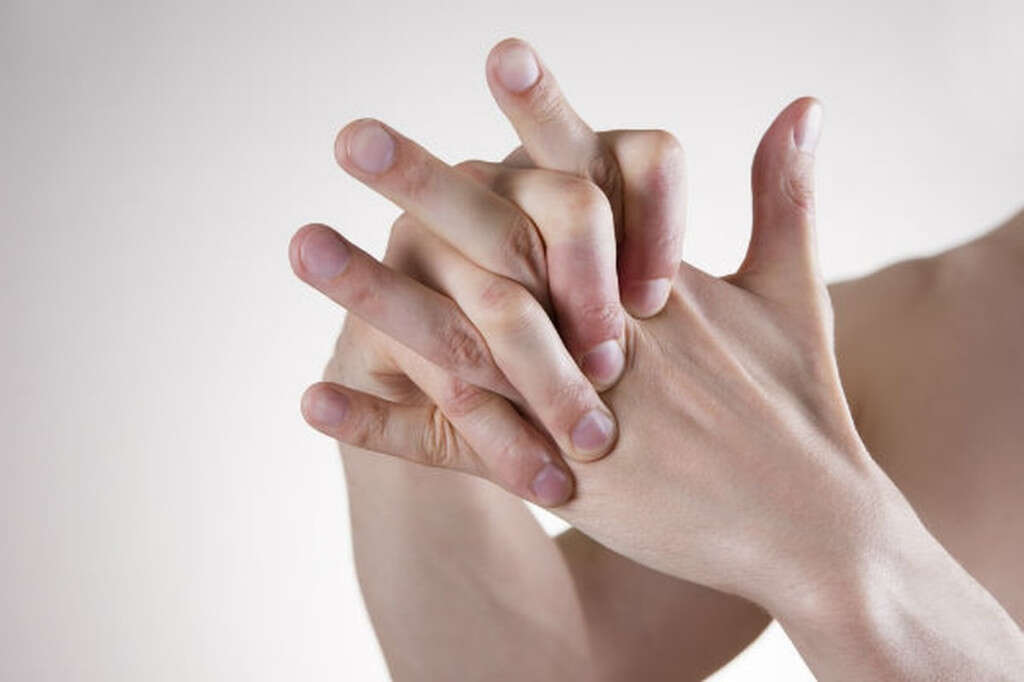
Symptom #3: Paresthesia
Paresthesia is the abnormal feeling or sensation where there is numbness, tingling, pricking, tickling, or burning without any apparent cause. Paresthesia can be both transient and chronic with many underlying causes such as hyperventilation syndrome, panic attacks, shingles, reactive hyperaemia, vitamin deficiency, malnutrition, diabetes, hypothyroidism, hypoparathyroidism, and more.
The most common kind of paresthesia is known as “pins and needles” and is often referred to as a body part that has “fallen asleep”.

Symptom #4: Fatigue
Fatigue is a common and non-specific symptom that can be seen in many conditions. It can be described as a gradual feeling of tiredness. It can be divided into physical and mental fatigue. Physical fatigue is the transient inability to reach maximum physical performance. Mental fatigue occurs when there is a temporary inability to maintain peak cognitive performance.
Fatigue can manifest as somnolence or lethargy. Causes of fatigue include overworking, stress, depression, inadequate sleep, disease, and boredom. Many patients with hypoparathyroidism report experiencing fatigue.

Symptom #5: Hyperirritability
The decrease in calcium levels seen in patients suffering from hypoparathyroidism causes neuromuscular irritability. This means that the connection between neurons and muscles is particularly sensitive to stimuli.
A common example is a test known as Chovstek’s Sign, where a physician gently taps the facial nerve on the side of the patient’s face, producing an involuntary facial twitch around the mouth.
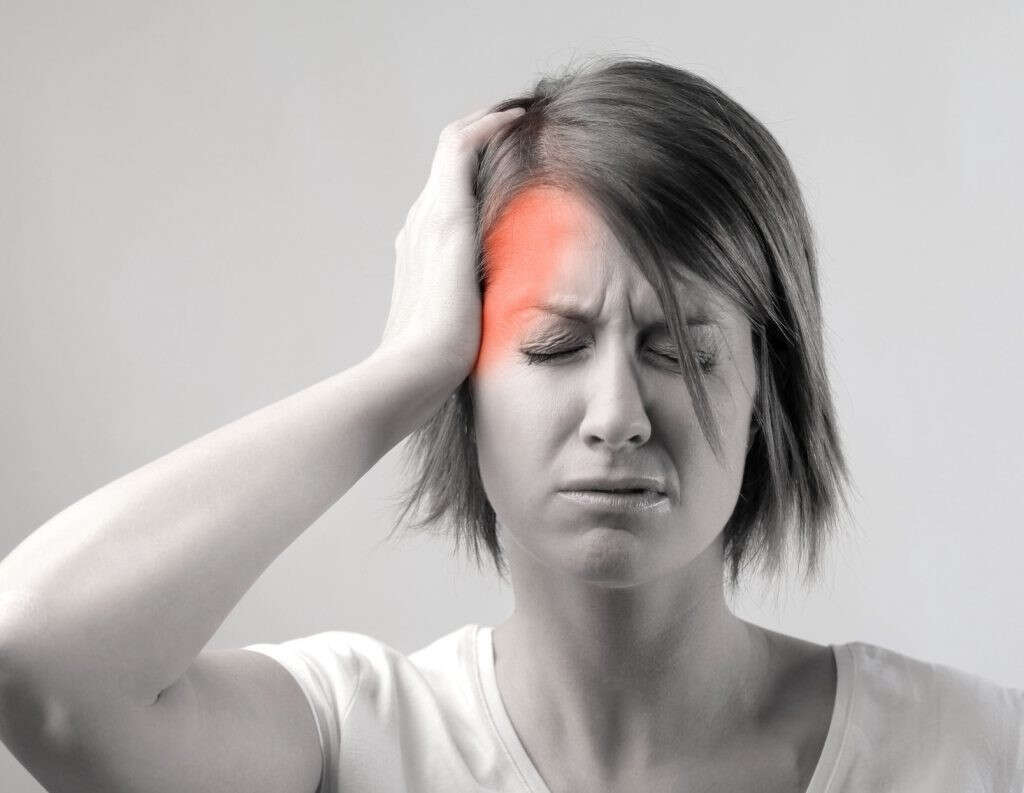
Symptom #6: Anxiety
Hypoparathyroidism is also related to anxiety and anxiety-related disorders. The electrolyte imbalance seen in these patients and the increased excitability causes this symptom to appear.
Anxiety can manifest as panic attacks, where the patient becomes overwhelmed by an unprovoked fear of imminent death. Other symptoms as increased sweating, tachycardia and nausea are also common signs of anxiety.
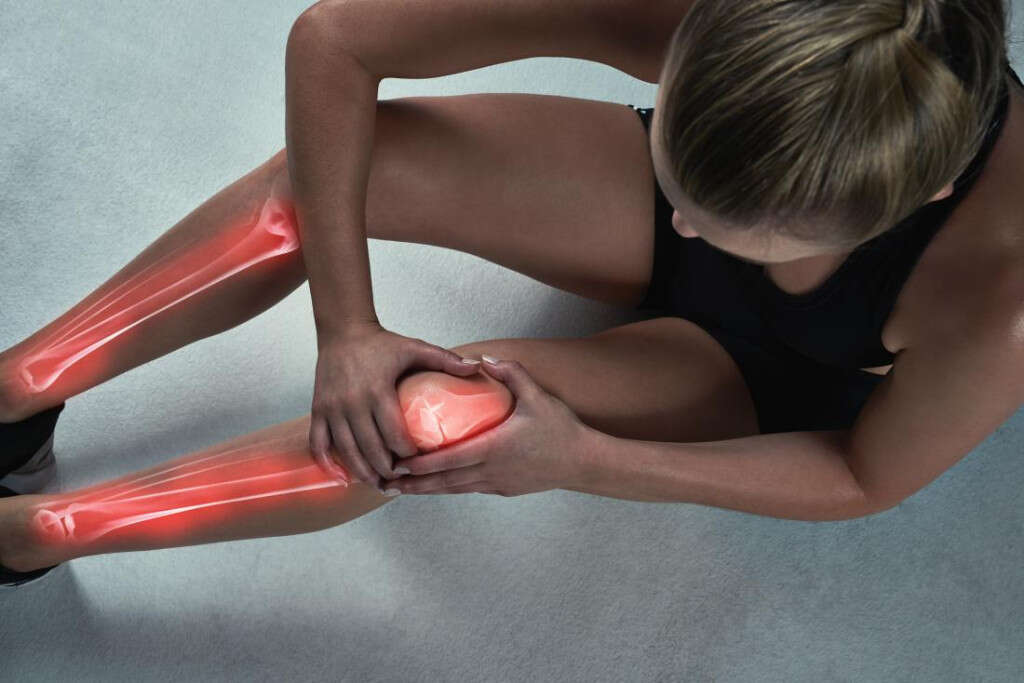
Symptom #7: Insomnia
Insomnia or sleeplessness refers to a disorder where those affected have difficulty sleeping. This includes experiencing issues falling asleep or difficulty staying asleep. Insomnia is usually associated with low energy, excessive daytime sleepiness, depressed mood, and irritability. Insomnia can last several days or several months.
Patients suffering from hypoparathyroidism often experience anxiety and this might cause them to develop sleeping problems in the long term. Many conditions may alter your sleeping pattern, so if you are experiencing this symptom you should seek medical attention for proper diagnosis.

Symptom #8: Abdominal Pain
The abdomen can be divided into nine regions: right hypochondriac, epigastric, left hypochondriac, left lumbar, umbilical, right lumbar, right iliac, suprapubic, and left iliac region. Abdominal pain is a common symptom that can be seen in conditions such as gastroenteritis, irritable bowel syndrome, diverticulitis, appendicitis, ectopic pregnancy, and more.
Abdominal pain has also been reported among patients with hypoparathyroidism. The reason behind this symptom is that patients with low levels of calcium may develop muscle cramping leading to biliary colic (spasm of the gallbladder). The pain is usually in the upper right quadrant of the abdomen. If you are experiencing this symptom, you should seek medical attention for proper diagnosis.

Symptom #9: Seizures
A seizure refers to an episode where there is abnormally excessive neuronal activity in the brain. It can cause a tonic clonic seizure or absence seizure. In patients without previous history of seizures, it should be considered as a medical emergency.
Seizures can occur in those with epilepsy, brain trauma, elevated body temperature, drug use, hypoglycemia, low levels of oxygen, and more. Seizures can also occur in hypoparathyroidism patients with hypocalcemia. It should be considered a medical emergency in this situation.

Symptom #10: Hoarseness
This is a non-specific symptom associated with hypoparathyroidism. When the levels of calcium drop significantly, patients may suffer from laryngospasms. This means that the muscles in the larynx contract causing the vocal cords to become affected and altering the tone or pitch of the voice.
If you are suffering from this symptom, you should seek medical attention for a proper diagnosis to prevent further complications like bronchospasms.





